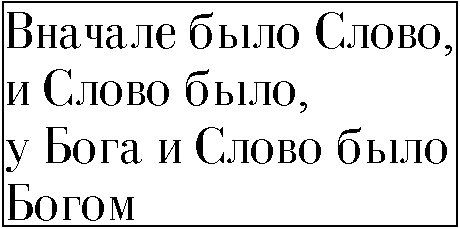
One of the undoubted beauties of Russia is their language, but throughout its history, Russian has been changing and undergoing transformations for better and for worse, and today we will briefly review some of them.
The Russian language is the official language in many countries and it is a language of Slavic origin that is spread today by nations as diverse as Abkhazia, Kazakhstan, Kyrgyzstan and Belarus.
Almost all the nations that were part of the Union of Soviet Socialist Republics they adopted Russian as the official language.
Russian is one of the languages with the most native speakers among the multiple Slavic languages, but when conducting research, language experts differentiate between two major dialects: North and South.
Moscow is part of the center, the transition zone between the two. The spoken form has notable differences, to almost seem two different languages, but the writing is rather similar.
Written Russian uses a modern version of the Cyrillic alphabet with 33 letters: 10 vowels, 2 silent letters, and 21 vowels.
Peter the Great was one of the most important reformers of the language, but still Russian is among the most difficult languages to learn.
… Written Russian uses a modern version of the Cyrillic alphabet with 33 letters: 10 vowels, 2 silent letters and 21 vowels….
21 vowels?
Hi! I am Russian and I have some corrections or observations to contribute.
1- "Written Russian uses a modern version of the Cyrillic alphabet with 33 letters: 10 vowels, 2 silent letters, and 21 vowels." (don't you mean 21 consonants?)
2- "The spoken form has notable differences, almost looking like two different languages, but the writing is rather similar." This is false, the difference is mainly in the pronunciation, but from there to seem two different languages ... both spoken and written are perfectly understood by anyone who knows Russian. It's like you say that the Castilian of Cordoba seems like a different language!